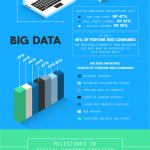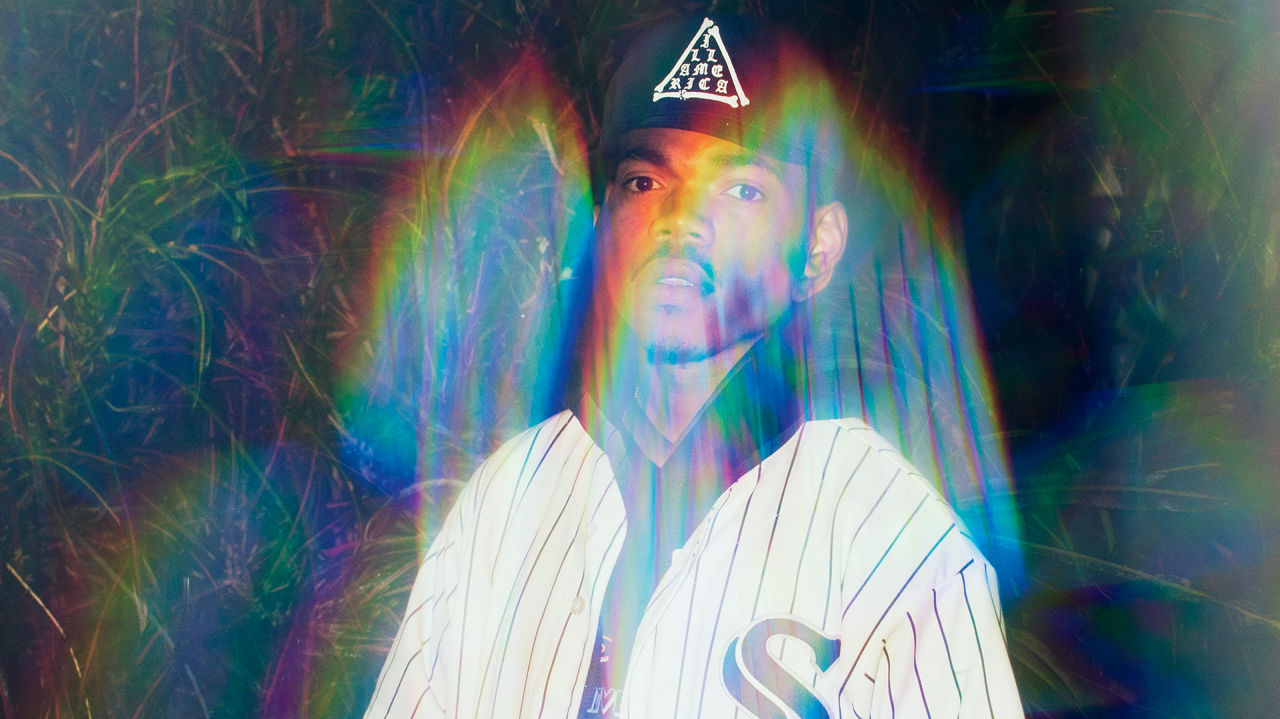Chance The Rapper’s Strategy For Staying Two Steps Ahead In The Music Industry
Rising hip-hop star Chance the Rapper (aka Chancelor Bennett) has a unique voice, three acclaimed releases, and a fast-growing fan base. One thing he doesn’t have? A record deal. Though any label would love to sign him, the Chicago-based musician has always given his music away, including his most recent project, the 2015 album Surf, a wide-ranging collaborative effort released under the name Donnie Trumpet & the Social Experiment.
Fast Company: Does not charging money for your music let you do things that you might not be able to do if you had to worry about selling records?
Chance the Rapper: Absolutely. Me being independent is about me being, you know, independent. It’s about me being free to do whatever I want and create in an open space without walls or deadlines. There are a lot of people who feel like they have artistic freedom in their [record] deals, but for me, the best way to [distribute] my product is the way I’ve been doing it so far.
In addition to making money from touring, you sell merchandise such as Styrofoam cups and socks. Is that about giving people a tangible way to connect?
That’s 100% what it is. A big part of music is being able to really show your fandom and have it in places other than just in your ears. I like to do things that are unconventional. I think the Styrofoam cup thing is really funny.
A lot of people are now buying vinyl records because they want a souvenir of the music they love. I’ve thought about pressing vinyl, but I can’t figure out how to distribute it without selling it.
Your career path probably wouldn’t have been possible a decade ago. Do you think you’re opening doors for new artists?
Yeah. I mean, I wouldn’t want to say that I am the person who opened up the door for free music, because music has been in existence long before there was an industry for it. But it does give the artist much more independence and a better footing in the world. Technology just naturally moves faster than business, and music and thought and ideas move faster than technology. We’re in a position to be two steps ahead.
A version of this article appeared in the June 2016 issue of Fast Company magazine.
Fast Company , Read Full Story
(16)














